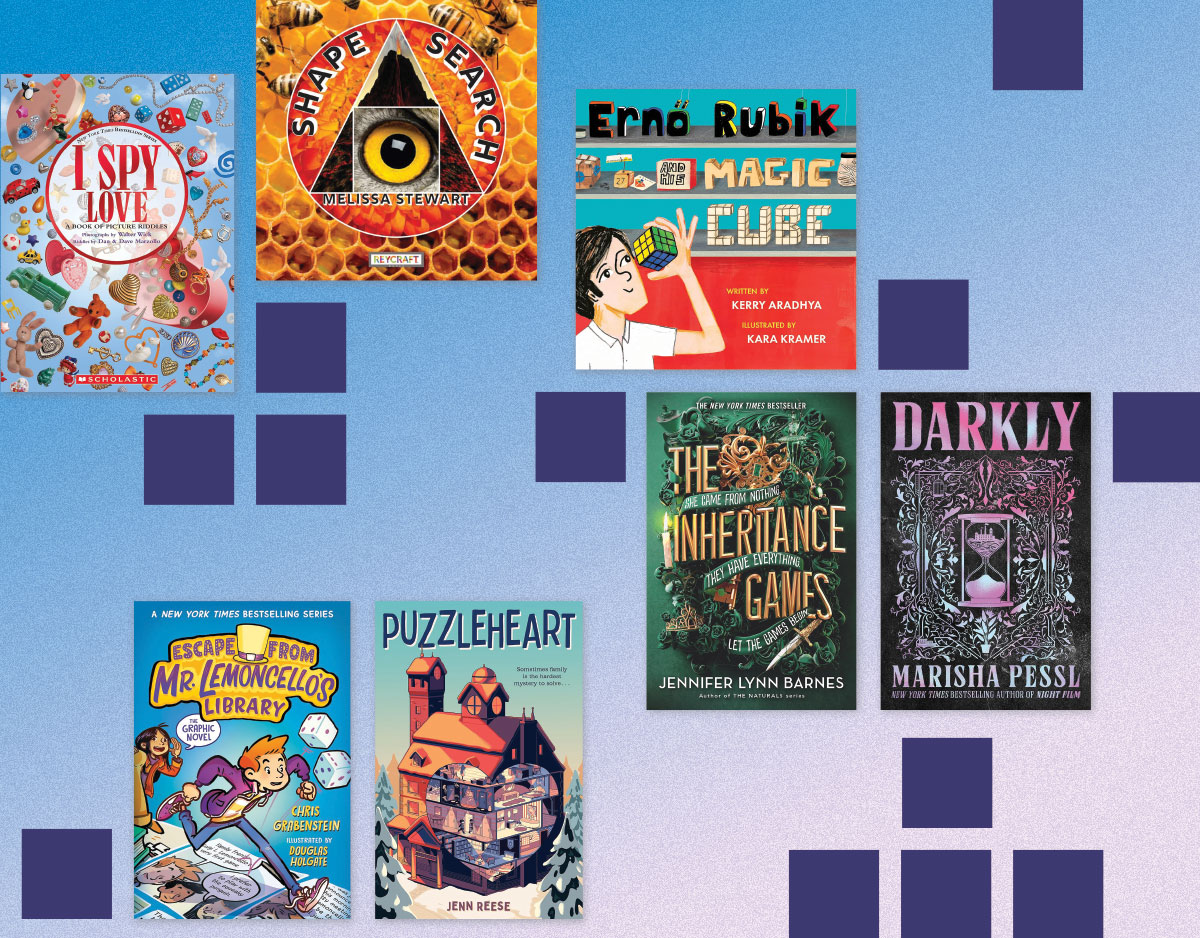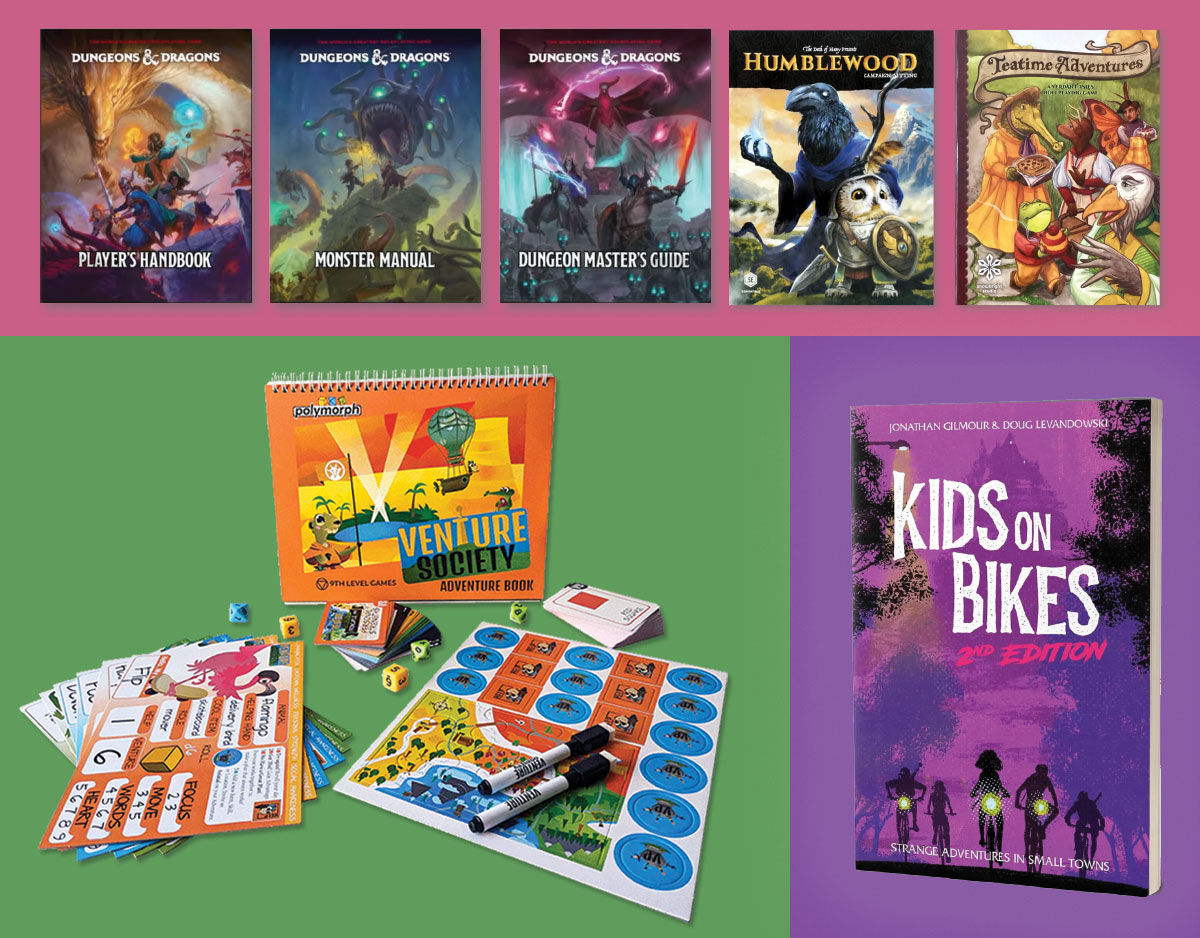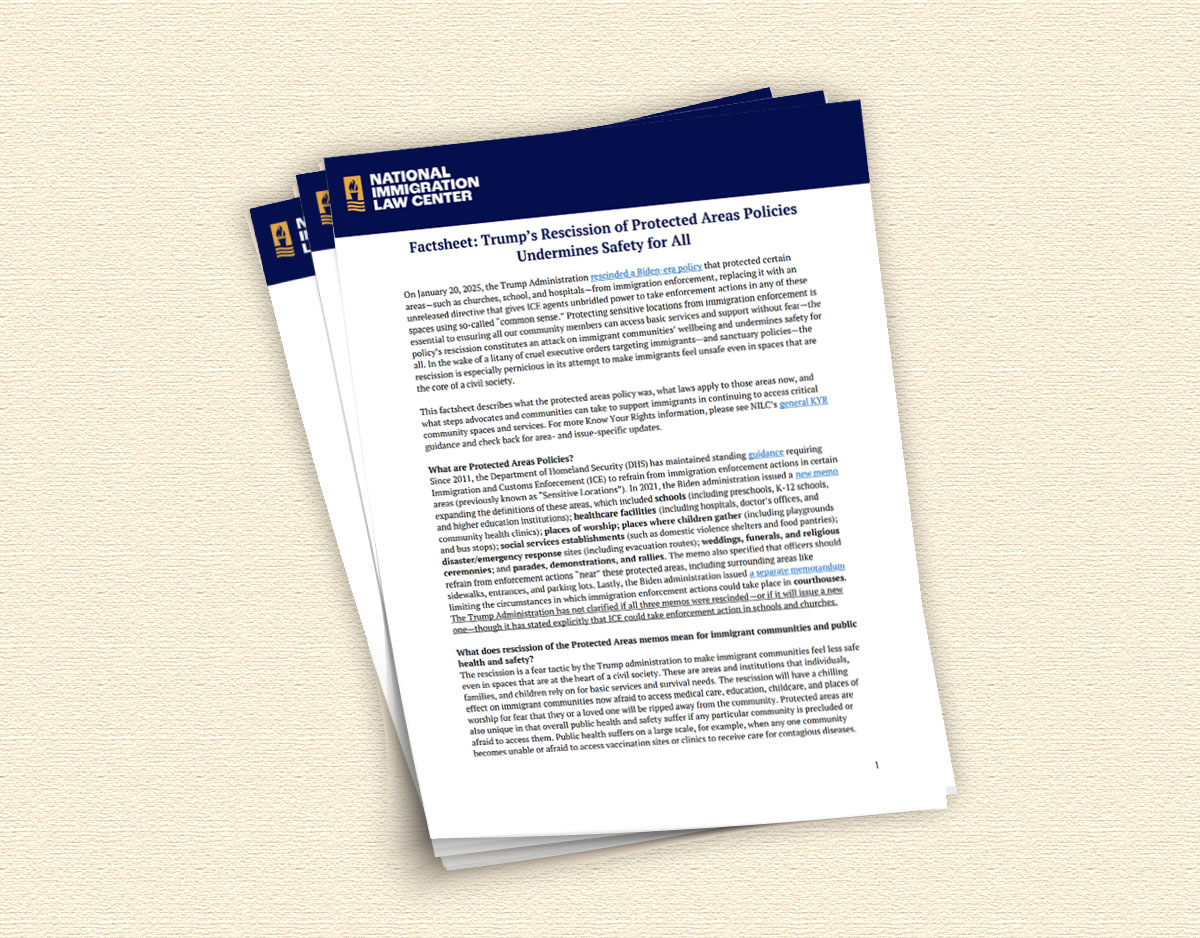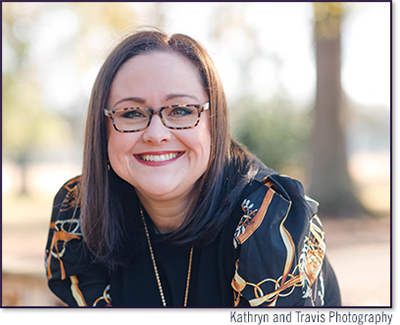Take a Trip with CAMERON BATTLE: A Talk with Jamar J. Perry
Lent!
Lent begins today! Glorious, riotous . . . uh . . . freewheeling . . . Lent?
Okay, that’s a pretty random way to open any blog post, let alone one that is ostensibly an interview with author Jamar J. Perry about his new book CAMERON BATTLE AND THE HIDDEN KINGDOMS. But, y’know, the bar got raised pretty high with that PILAR RAMIREZ interview yesterday with all those dancing girls. How the heck is today’s post supposed to compete with friggin’ Mardi Gras, I ask you?
And yet, compete it does. For you see, CAMERON appears to be the current fantasy darling out there. Here’s the publisher description, just to get you up to speed:
“Cameron Battle grew up reading The Book of Chidani, cherishing stories about the fabled kingdom that cut itself off from the world to save the Igbo people from danger. Passed down over generations, the Book is Cameron’s only connection to his parents who disappeared one fateful night, two years ago.
Ever since, his grandmother has kept the Book locked away, but it calls to Cameron. When he and his best friends Zion and Aliyah decide to open it again, they are magically transported to Chidani. Instead of a land of beauty and wonder, they find a kingdom in extreme danger, as the Queen’s sister seeks to destroy the barrier between worlds. The people of Chidani have been waiting for the last Descendant to return and save them . . . is Cameron ready to be the hero they need?
Inspired by West African and Igbo history and mythology, this adventurous middle-grade fantasy debut perfect for fans of Aru Shah and Tristan Strong celebrates the triumphs and challenges of a boy finding his truth path to greatness.”
Feel adequately speeded up? Marvelous. Because now we get to the talky talk time:
Betsy Bird: Jamar! It’s a pleasure to speak with you. CAMERON BATTLE AND THE HIDDEN KINGDOMS has been getting all kinds of praise left, right, and central. What I need you to do is to tell me where Cameron originated for you. What put this kid in your brain and how did you know to let him out? What’s the book’s origin story?
ADVERTISEMENT
ADVERTISEMENT

Jamar J. Perry: Hello! I am so excited about the praise and reception that Cameron Battle has been given so far! It has been a dream to me, and I am so happy that I have so many memories and pictures to remember my debut experience forever.
Cameron Battle originated out of a need to show who I was as a child. I grew up very lonely, isolated, and depressed—even though I didn’t have a name for that until I was in college. I didn’t have the latest shoes or clothes, and I wasn’t as masculine as other boys around me, so I was always ostracized. I sought out books to read because it gave me relief from that loneliness; I would go to the library every day during lunch and recess, and this lasted until high school. In the novel, Cameron is just like I was as a child: lonely, isolated, and missing his parents terribly. He finds comfort in his friends and in reading, something his parents, and especially his mother, passed down to him. I wanted to show how this lonely Black boy can become a hero, even though he sometimes doesn’t want to be.
Writing this novel was a form of catharsis for me; not only did it allow me to work through some of the traumas of my childhood, but it allowed me to showcase how these children can become pure magic through their own will and intention. So, the origin story really does begin with me and everything I went through, and how I loved books and wanted to escape into them. Well as you can see as you read, Cameron literally escapes in a fantasy world, into the same books I loved reading growing up.
BB: Let’s delve a little into the ancestry of the story. CAMERON BATTLE has distinct West-African ties, specifically to the Igbo people of Nigeria. What kind of research did you delve into when writing this book? Did you talk to anyone? How did you even start to find the right sources?
JJP: So often, Black Americans and especially Black Americans from the American South are divorced from where they were forcibly taken from. Cameron not only understands his place in the world—and wants to change it—he also wants to know where he comes from, where his ancestry originated from. In conversations with my parents and relatives, our family’s knowledge always stopped with our immediate family—none of us could trace our lineage past a few generations. When I got to college, I really wanted to know the place I came from. Once I found out, I then had to think about how and where to find more information about Nigeria, the Igbo people, and their mythology.
When I started my PhD program, I did a lot of research into masculinity first, and into the differences between West African masculinity and Black American masculinity, helping to place masculinity in a historical context—pulling mainly from bell hooks’s work on masculinity. Besides my college library, I also visited museums in and around Washington, D.C., learning about the stories of Igbo gods and goddesses.
So much of this information was lost or destroyed in the slave trade. And so much of it will never be found. It was also emotionally difficult, because the past is traumatic for Black folks and the present is precarious, but the future is wide open. So I used this history and my research to thrust Cameron Battle into a future where he becomes someone who is magic, someone who has to save an entire world.

BB: Afrofuturism is having its moment right now, but what makes CAMERON so interesting is that it’s veering more into original fantasy and storytelling. It’s the infusion of mythology that gives it its edge. Did you ever consider making the book more science fiction-esque or was it a fantasy from day one? How has it changed since you first started writing it?
JJP: I absolutely loved fantasy novels as a child and I always wanted to write one. Most of my stories are original fantasies, set in epic societies, delving into that traditional “sword, sandals, and sorcery” type of fantasy because I really did enjoy reading them and still do. Making the book science fiction-esque never crossed my mind because I didn’t get into those type of books until I got into my thirties. Afrofuturism is definitely having its moment now, but I wanted Cameron to come into contact with elements of novels that I loved growing up. So, the novel has pretty much stayed the same since I first envisioned it, even with the multiple rounds of revisions from my amazing editor at Bloomsbury. It was important for me to keep the core of my novel the way I wanted it, even if we are moving into more futuristic aspects of worldbuilding.
BB: Were there any elements to the story that you just couldn’t keep, but were sorry to let go?
JJP: One of the main things was the budding love between Cameron and his best friend, Zion. In the first draft, they loved each other on the page bombastically, because I wanted children—especially queer Black children—to see this representation. However, with my editor’s help, I realized that children at this age are just starting to understand themselves, and queer children sometimes struggle with who they are and who they want to be in face of the messages that they are told about masculinity and heterosexuality. So in this current version—the version that I think is much stronger—we get to see Cameron working through his love for Zion and why he actually loves him.
ADVERTISEMENT
ADVERTISEMENT
Throughout the book, Cameron receives the message that his love for Zion is okay and natural, especially from his other friend, Aliyah, who tells him that it is okay if he loves Zion a bit differently than he loves her. I love getting the opportunity to show two queer Black boys understanding themselves through the love they have for each other, and I quite like how it turned out! In the sequel, we will do more to make sure their love feels even more earned!
BB: Authors aren’t supposed to have favorite characters. Let’s break that rule right now. Who’s your favorite character in CAMERON?
JJP: Ooh! Without a doubt, Cameron. Writing Cameron was profoundly healing for me, because while he was my childhood avatar—lonely, isolated, and wanting to have friends and deep relationships—I was able to write in the support and care for him that I lacked as a child. Cameron doesn’t have his parents, but he does have two best friends, Aliyah and Zion. I never had people to talk to, so it is hard for me to open up. But Cameron gets to express his feelings to his family and friends, is encouraged to cry, and is encouraged to show anger because that is what makes him human. We must protect Cameron Battle at all costs!
BB: Finally, what are you working on next?
JJP: Right now, I am working on Cameron Battle Book 2. Trying to find a title for it has been a journey. It has been great to figure out who Cameron is now in the sequel and how powerful he can be. We also find out a lot about Zion and Aliyah and their new roles in Chidani, a world in which they weren’t even supposed to be. After I finish it, I’ll be working on an anthology that centers Black boys as magicians. I am rounding up authors I want to collaborate with now and am super excited about the future!
Now that’s a good talk! Many thanks to Faye Bi and the folks at Bloomsbury for setting this up. Thanks too to Jamar for taking the time to answer my questions. CAMERON BATTLE AND THE HIDDEN KINGDOMS is on shelves everywhere now.
Filed under: Interviews
About Betsy Bird
Betsy Bird is currently the Collection Development Manager of the Evanston Public Library system and a former Materials Specialist for New York Public Library. She has served on Newbery, written for Horn Book, and has done other lovely little things that she'd love to tell you about but that she's sure you'd find more interesting to hear of in person. Her opinions are her own and do not reflect those of EPL, SLJ, or any of the other acronyms you might be able to name. Follow her on Twitter: @fuseeight.
ADVERTISEMENT
ADVERTISEMENT
SLJ Blog Network
Now on The Yarn: Jing Jing Tsong
Betty and Veronica Jumbo Comics Digest #334 | Preview
When Book Bans are a Form of Discrimination, What is the Path to Justice?
The Influence of My Students on Fires Burning Underground, a guest post by Nancy McCabe
ADVERTISEMENT







